One of the major buzzwords of 2021… BLOCKCHAIN! Although many have surely heard of this term, I’m not entirely certain everyone understands its ins and outs as there is so much to it! While I’m still fine-tuning my knowledge, I thought I would do a 101 to debunk some of the fancy blockchain lingo!
What is Blockchain?
In its simplest form, blockchain is a way to exchange information. It is a type of database that stores data in blocks, and these blocks are chained together, hence the term blockchain! Each piece of data is stored in a new block. Once a block is full, it chains to the one before it, ensuring it remains in chronological order. When a block is full, a timestamp is given, and the data becomes set in stone.
How does blockchain help in everyday life?
As mentioned above, blockchain is a type of database – this database ensures that both sides of any transaction have the same recording of that transaction. Let’s use an example. Say you pay $9.99 for your breakfast, and it gets recorded at $10.00 by way of rounding. From the buyer’s perspective, this ledger shows an Account Payable of $9.99; however, an Account Receivable ledger would show $10.00. It’s the exact same transaction, but duplicate entries show a slight difference in numbers, in this case, because of rounding. If the above scenario was recorded in a blockchain, it would only be recorded once and therefore the same dollar amount. This ensures that all the parties involved would have the same piece of truth.
I’m a visual learner so take a look at this transaction processing chart from Investopedia as I believe it helps to help clarify the step-by-step process to create a blockchain!

How is blockchain used?
To learn how it’s used, let’s first step back to review some basics. Let’s use an example… again! Think of a company with operations in various cities throughout Canada. We know that databases are accessed by computers. Suppose several people need to access this company’s database. In that case, several computers will try to access this information in several locations (everyone in the company is still doing that trendy #WorkFromHome thing… so 2020!). To connect the computers, the company would need to have a server. The computers that are connected to this server and are accessing a shared database are called nodes. In each blockchain, every node would have a full record of every transaction since its inception.
How secure is blockchain?
Since each blockchain has a full record of data, and because it is set in stone once chained together, the data cannot be changed. If one node were to be tampered with, this would cause an error. However, every other computer with access to this database could assist in correcting this error because recall above, they all have the same version of the truth. They would simply cross-reference data points with the blockchain, and voila – one says A, everyone else says B… the majority is always right… right?. In simplest terms, the history of blockchain data is irreversible and unbreakable… now that’s secure!
Why should you care?
Blockchain is the technology that enables the existence of cryptocurrency (among other things). Everyone knows Bitcoin (cue buzz word #2 of 2021) as the most well-known cryptocurrency, but did you know that was what blockchain technology was invented for? The blockchain works well in the case of cryptocurrency because it is decentralized, meaning that no single person or group has control—rather, all users collectively retain control. From a business perspective, try to think of blockchain as a helpful technology with capabilities to improve day-to-day business processes.
So far, we know that there are some definite benefits of blockchain and some unknowns about its future use. The benefits that we see today are that this form of the database increases transactions’ transparency and provides highly accurate tracking. It acts as an unalterable, permanent database. I can’t wait to see how this type of technology is adapted to be utilized across a wide facet of industries in the future.


